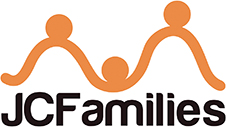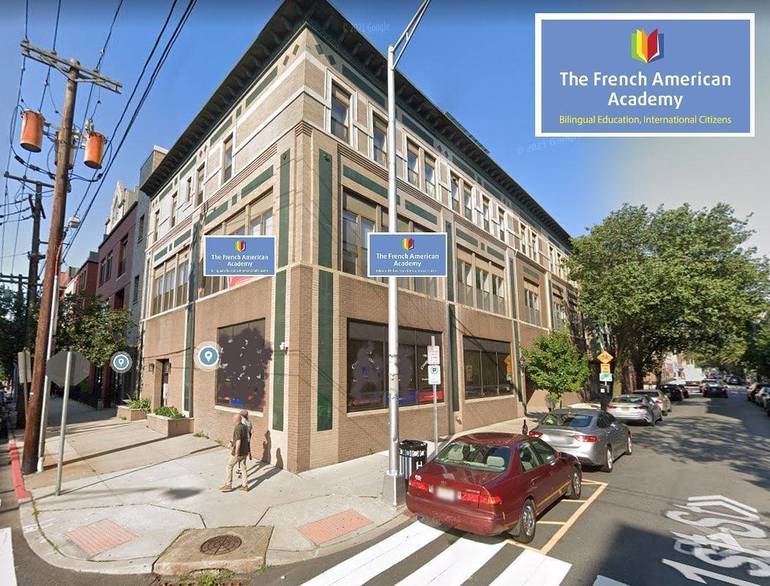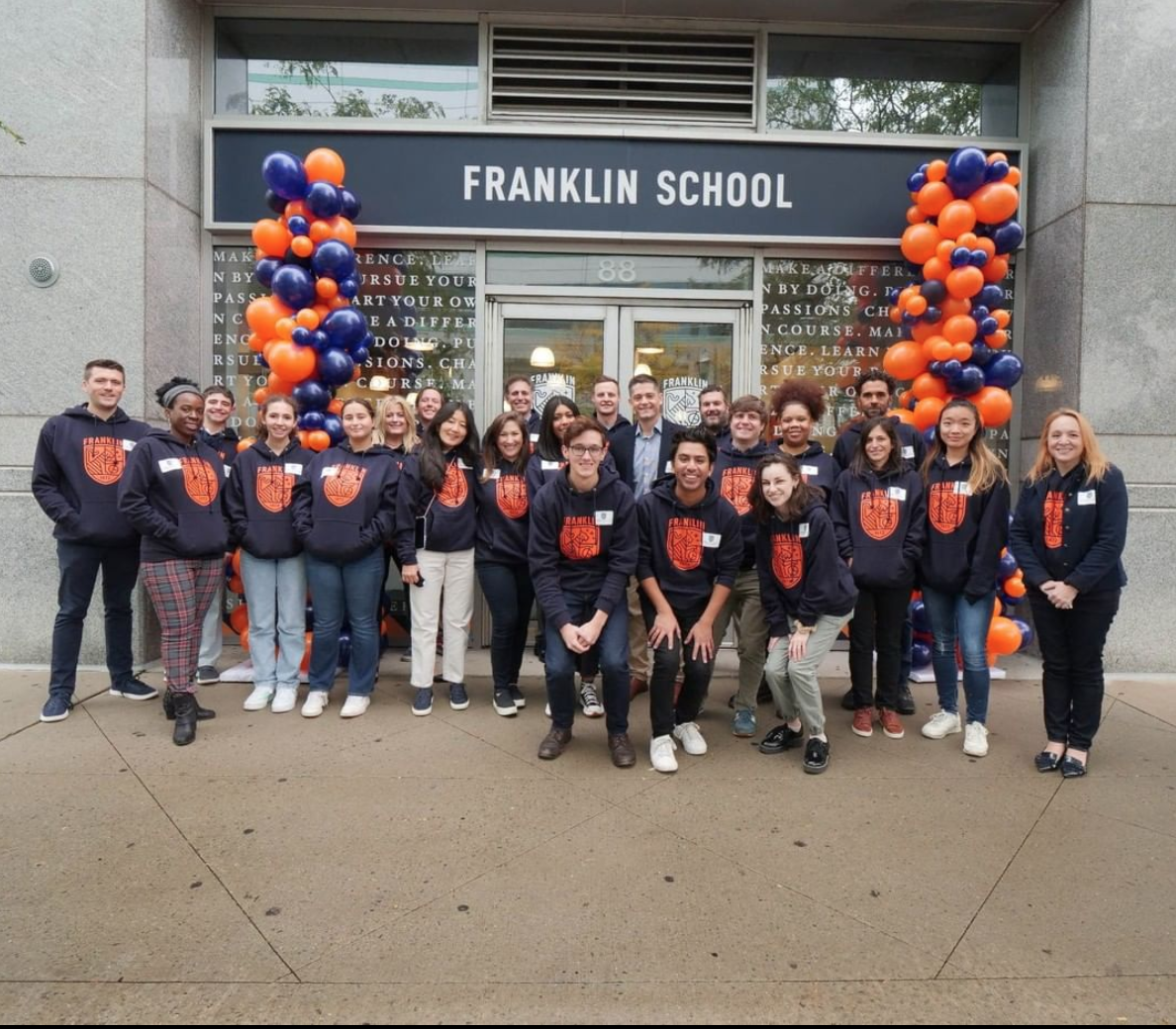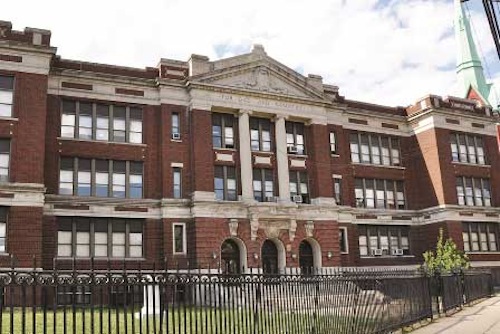Tips for NJ Graduates with Student Debt from the Class of 2017
It’s graduation season, and with the excitement of caps and gowns comes a stark reality: in just a few months, many college graduates will face their first student loan payments. For graduates of colleges and universities in New Jersey, paying student loans may be even more challenging as they face expensive housing throughout much of the state and a tight job market. So how can you make sure that you stay on top of your student loan payments after you graduate?
Pay Interest During the Grace Period
After you graduate or otherwise leave school, most student loan lenders (private and federal) allow a six-month period of time before you make your first student loan payment. This is known as the grace period. During this time, you don’t have to make any payments on your student loans, but interest will continue to accrue. At the end of the grace period, the interest that has accrued during the time that you were in school and the grace period will capitalize and will be added to the principal of your loan. This means that your loan may increase substantially by the time that you make your first student loan payment.
One way that you can help to reduce the amount that is added to your student loan balance at the end of your grace period is to make interest payments during the grace period. Any amount that you pay, no matter how modest, can help to offset the total amount that you owe on your loan. If you are working, you could make much larger payments during the grace period. If you aren’t working, you may consider using some of the money you got for graduation to pay your interest. Any amount that you pay will help to slash the total amount that you pay on your loan — and can help you pay off your loan more quickly.
Make Extra Payments
Once you are past the grace period and are paying off your loan, consider putting additional money each month towards your student loan payments to help you get out of debt sooner. Any extra money that you add towards the minimum amount can reduce the total amount due — and help you pay off your buy phentermine in uk loans faster.
Of course, your monthly student loan payments may already be high. New Jersey is home to some pricey private colleges, such as Drew University (at $45,552 per year), Princeton University ($43,450 per year) and Seton Hall University ($35,940 per year). However, even an extra $50 per month — the price of one dinner out or buying a coffee instead of bringing one from home for two weeks — can save you hundreds or thousands of dollars on your student loans. Even if you are already paying a substantial amount on your student loans, it makes sense to cut your budget to work put some extra funds towards this debt.
Refinance Your Loans
When you applied for your student loans, chances are good that you had no income and either no credit score or a low credit score. A few years out of college, you now have an opportunity to refinance your private student loans — and save yourself money in the process.
Refinancing works by replacing multiple loans with one new loan with a lower, fixed interest rate and shorter loan term. To be eligible, you typically need a credit score of at least 660, a steady income and a history of making regular, on-time payments. You can refinance your federal student loans along with your private student loans, but just be aware that you will lose the protections of those loans if you do so, such as income-based repayment options.
Explore Loan Forgiveness Options
If you work in certain fields, New Jersey may help you pay off your student loans — but only if you meet certain qualifications. The state has four separate student loan forgiveness or redemption programs available for nursing faculty, prosecutors and public defenders and primary care physicians and dentists.
For nurse faculty, New Jersey offers student loan deductions of up to $50,000 for eligible borrowers to address a shortage in this area. The state is also offering student loan repayments of up to $1,883 for qualified prosecutors and public defenders through a federal grant, and up to $120,000 in student loan redemption for primary care providers in medically underserved areas in New Jersey. For primary care providers, qualified professions include physicians, dentists, physician assistants, certified nurse practitioners and certified nurse midwives.






